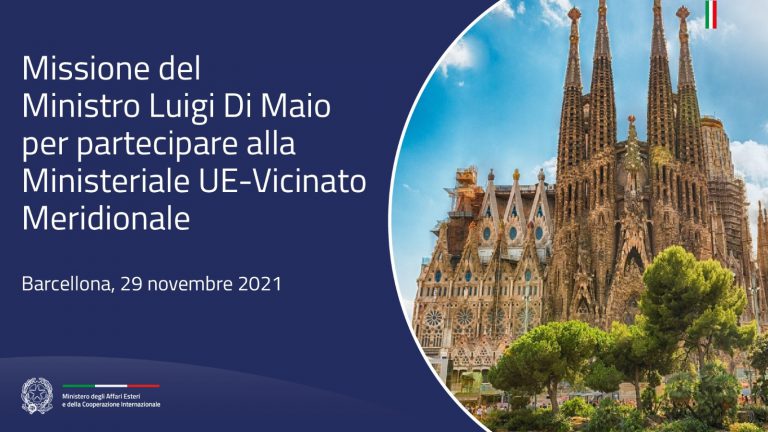Minister Gentiloni, we are witnessing a confrontation between two forms of Islam. How can we strengthen the moderate Islam that is open to dialogue?
“We must not agree with those who identify Islam with terrorism: doing that would be not just a gift to terrorists but idiotic too. That said, the religious institutions and civil society in Muslim countries now have an important part to play. The terrorist challenge has the governments of those countries in its sights, often even more so than western countries. We now expect more determination and more cohesion from Islamic countries. We have recently seen important signals – I’m referring here to the speech by the Egyptian president, Sisi, at al Azhar University. We hope that all the governments of Muslim majority countries act in a similar fashion. We are equipping ourselves, and I hope they are too”.
After Paris, Europe is trying to react. In Brussels, you decided on increased cooperation in fighting terrorism. Do you think that a European intelligence agency is just a dream?
“I think it’s a dream that we need to cultivate. I realise that we’re still taking the first steps on a road that is leading us to have common foreign, defence and security policies. I believe Federica Mogherini is taking all possible steps in that direction. Of course, you can’t create a common foreign policy, far less an intelligence policy, in just 3 months”.
Let’s talk about hostages. Is it right to give something in return, to save human lives?
“I’d say that we need to fight the kidnapping ‘industry’ rigorously. And that a country’s obligations include protecting the lives and ensuring the safety of its citizens, something that can be done in many ways. Thanks to the professionalism of our intelligence services and the Farnesina’s Crisis Unit, Italy has shown that it can do so and has obtained results no different from those of other countries. And without military action. We’ve sometimes done so by working in cooperation with the services of other countries. And it’s natural to keep this confidential”.
You’ve said that from Russia to Libya it’s time to put our national interest first. Let’s start with Russia. How long will sanctions be needed?
“Until Russia agrees to respect the Minsk protocols. Unfortunately, in recent weeks we’ve seen new tensions on the border. However, Italy has underscored that it’s important to keep the dialogue with Russia open. Our firmness and unity, which are expressed through sanctions, must not translate into a closed position that rules out any prospect of a return to normality”.
Let’s move on to Libya
“Libya is a key priority for us, partly in view of our economic and energy interests and partly for the fact that the situation of total crisis translates, among other things, into a migration flow that in 2014 amounted to 141,000 migrants in 826 landings”.
The first round of talks in Geneva, for which Italy put in a great deal of effort, sent out some positive signals. But to participate, the National Congress in Tripoli want the negotiations to take place in Libya.
“At last a glimmer of hope has opened up. Demands cannot be viewed as prohibitive pre-conditions. In Italy’s name, I wish to address a very firm appeal to the Congress to sit down at the table. And if we reach an agreement between the main parties in the conflict, an agreement guaranteed by the United Nations, the government is ready to propose to Parliament the direct participation of our troops with the ‘blue helmets’”.
So we first need a political solution by the parties concerned?
“I’d accept even just the first steps to a solution. In that case, we’d have an obligation to be in the front line”.
What’s to be done about ISIS? Is our support for the Kurdish and Iraqi forces enough, or is something more needed?
“I think the coalition has achieved some results. First of all, stopping the military offensive. And I believe the part played by Italy is appropriate. Tomorrow, in London, we’ll be reviewing the situation with our main allies”.
Let’s turn our attention to the marines. Is the release of Buoncompagni and Bruno after 5 years in India also a signal for our two navy riflemen?
“The two cases are entirely separate. As far as the marines are concerned, I’ve taken note that on 12 January the Supreme Court accepted the humanitarian grounds for Italy’s requests and we now have just under 3 months to find a possible way out, in collaboration with the Indian Government”.
So we’re waiting before proposing arbitration?
“At the moment, we have a discussion under way and we’re waiting for these contacts to produce results”.


